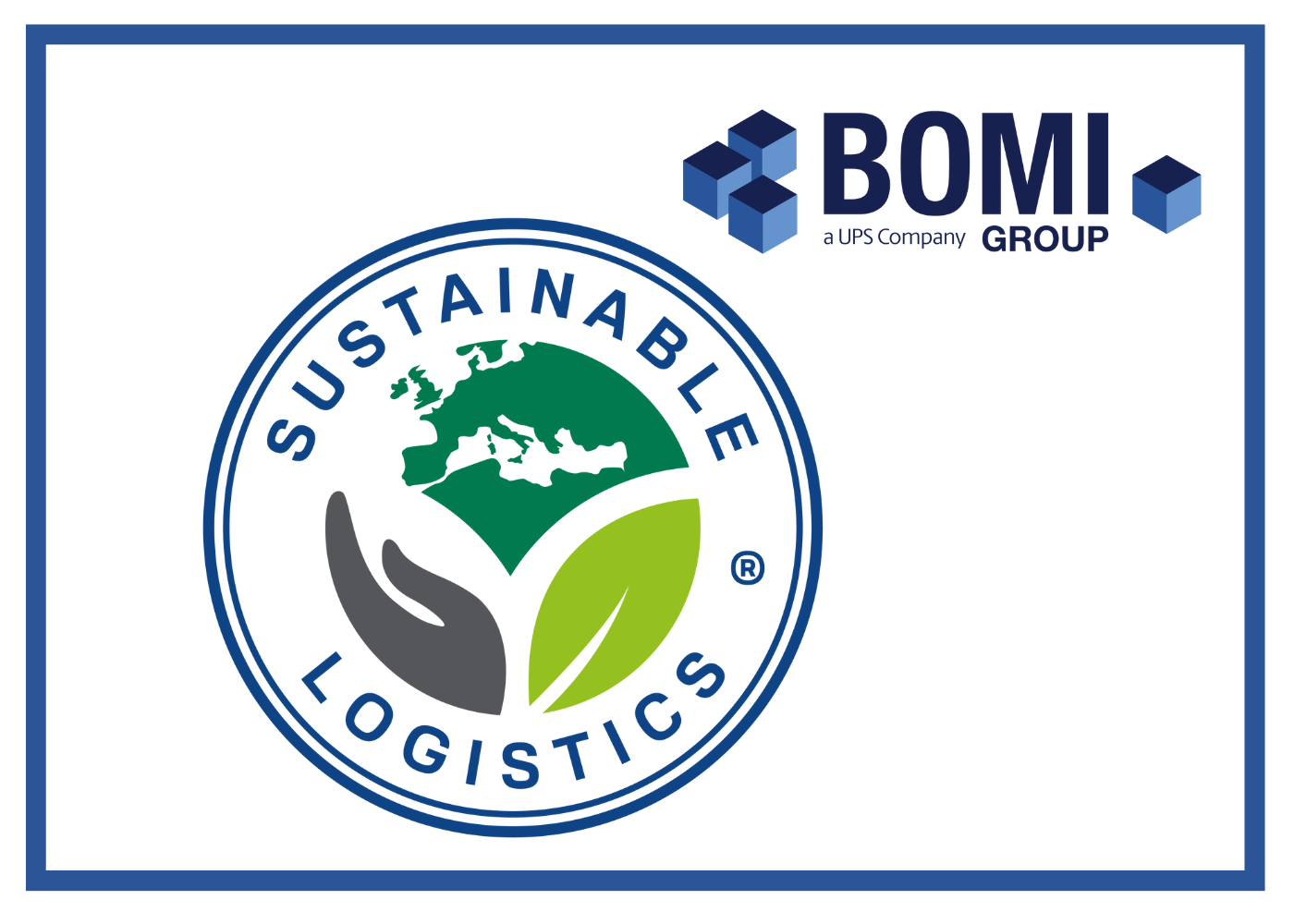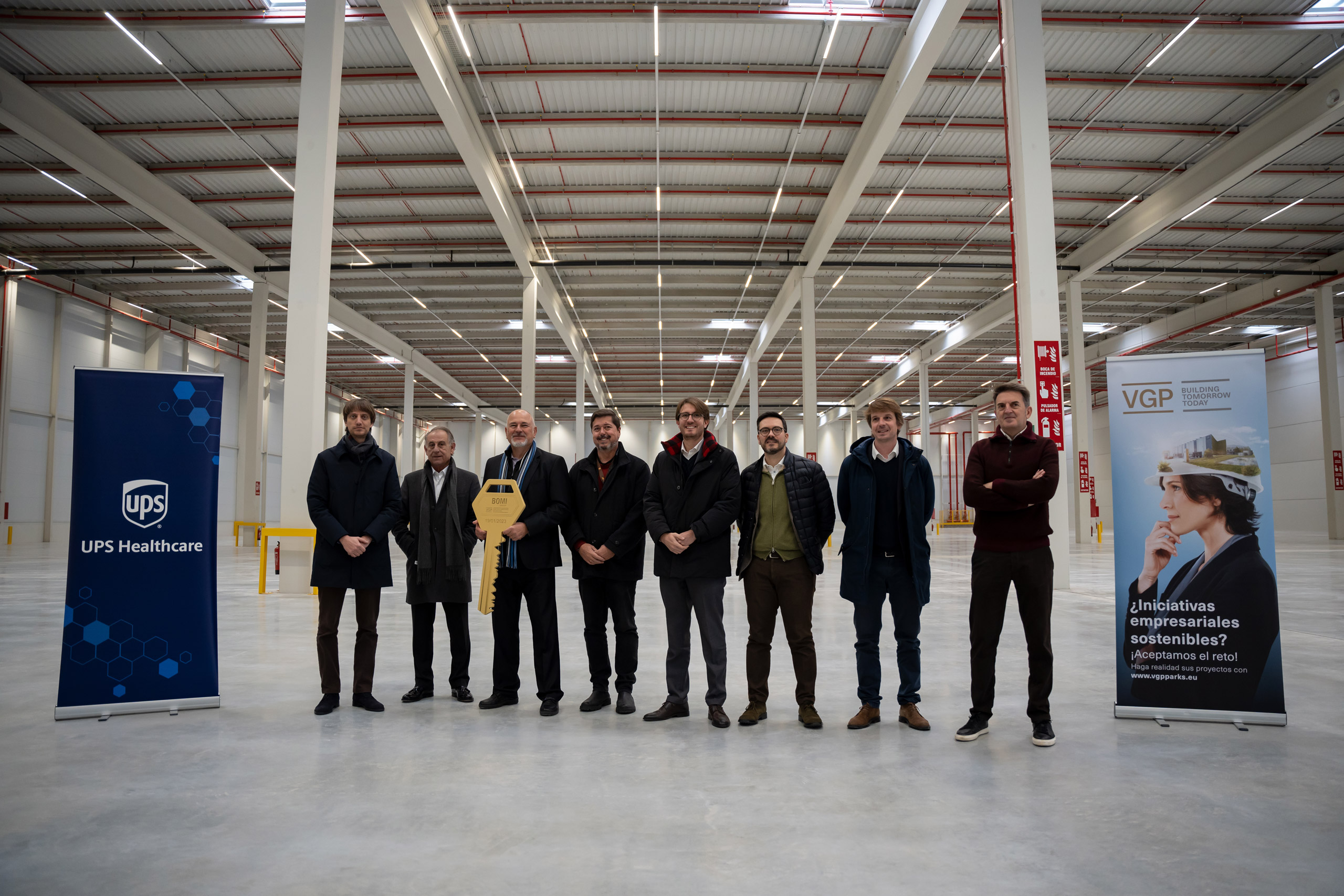We are proud to announce for the first time the…
We celebrate women’s successes: Interview to LIDIA GÓMEZ, CFO of BOMI GROUP in IBERIA.
Lidia Gómez is a graduate of Business Administration and Direction from the Rey Juan Carlos University, specialized in Advanced Accounting and Taxation.
She comes from the logistics area of Fagor and has extensive experience in Tax and Accounting Consulting; she began her career in Decopharma (now Bomi Group) in 2015 in the accounting area, and later, in 2019 she was appointed CFO.
In your experience, is logistics more of a man’s world?
That’s a bit of a trick question, with a general overview, from a warehouse operator to a driver they are usually male figures.
Socially it has been associated with typically male sectors, but who said that women are not present? Currently, 20% of Bomi Group’s warehouse operators are women.
In the financial area, the proportion is reversed, and 25% are men.
And in general terms, we can say that the Management Committee is 50% equal.
The Human Resources area also has initiatives to promote diversity and inclusion in all areas of the company. We look for the best talent with the best training, regardless of gender.
Have you ever felt discriminated for being a woman?
Not for being a woman. But I have felt belittled for being young. One of Bomi Group’s ways of meeting the Sustainability Objectives is the Employee Centricity strategy. It promotes a harmonious environment for staff and there are also guidelines to deal with all types of discrimination.
What is the place of Financial Management in companies in the logistics sector?
The economy moves the world; any kind of action has a consequence. In the service sector, any action must be compensated, either financially or through any other service.
For me, the financial team is like the balance of the company. It must ensure the best financial results for itself and must keep the supplier/worker satisfied.
We work as a well-oiled chain with the other areas, that’s how we get everything to work perfectly.
What objectives have you defined for 2021?
The first one is the sustainability of the company, in all senses (employees, customers, environment…) and the second and clear one: To obtain profit!
We are facing an unprecedented global situation, but we must continue to work hard, and now more than ever, our sector must operate perfectly. Not only for financial reasons, but also for social reasons and to support the entire healthcare sector.
What problems can arise?
All companies measure their profitability; if there is no profit, the company is not sustainable.
If the financial information is not correct, it will be difficult to choose between different business development alternatives. If the data used is incomplete or inadequate, it will be difficult to detect problems in time and it will not be possible to implement the necessary corrective measures.
Also take into account that Bomi Group is growing worldwide in infrastructure, personnel and services.
Finance in logistics?
It depends a bit on the area you are analyzing: in the transportation world, with margins getting tighter and tighter and especially with a lot of financial pressure due to the e-commerce boom, there is a part of Finance’s job that is to “clean up” that image and make everything more transparent and flow better.
On the other hand, in the pharmaceutical market, or the world of healthcare, however you want to look at it, everything changes. Everything is taken care of in detail, and the main thing is to provide the patient with the right treatment in a timely manner. All this is done along a complex supply chain with multiple agents with whom we interact and are in very close contact.
In the current economic climate, the management of human capital has become both complex and decisive. How does Bomi deal with this situation?
At Bomi, we have not made any staff adjustments due to the crisis; indeed, we believe that the main capital we have is human capital, people come first and that is how we treat them.
The company’s adjustments and cost savings came in other ways, such as the reduction of the company’s stocks or the renegotiation of fees with the main suppliers. This has allowed us to maintain our workforce at a crucial stage for growth.



